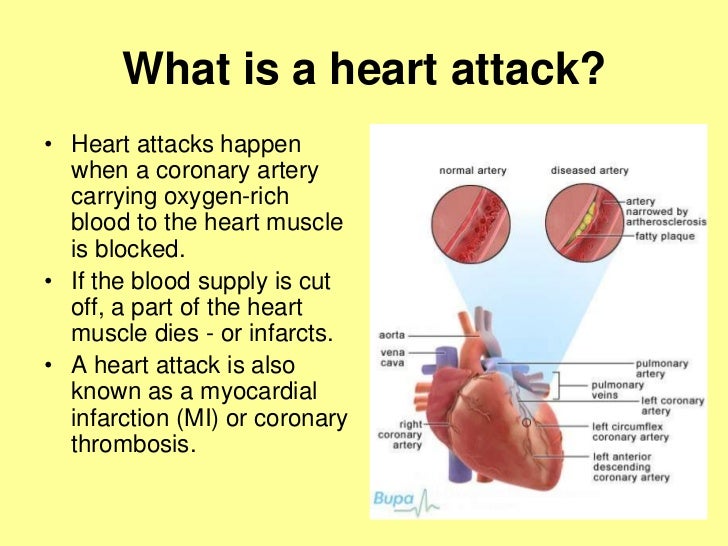Awesome Tips About How To Treat A Heart Attack
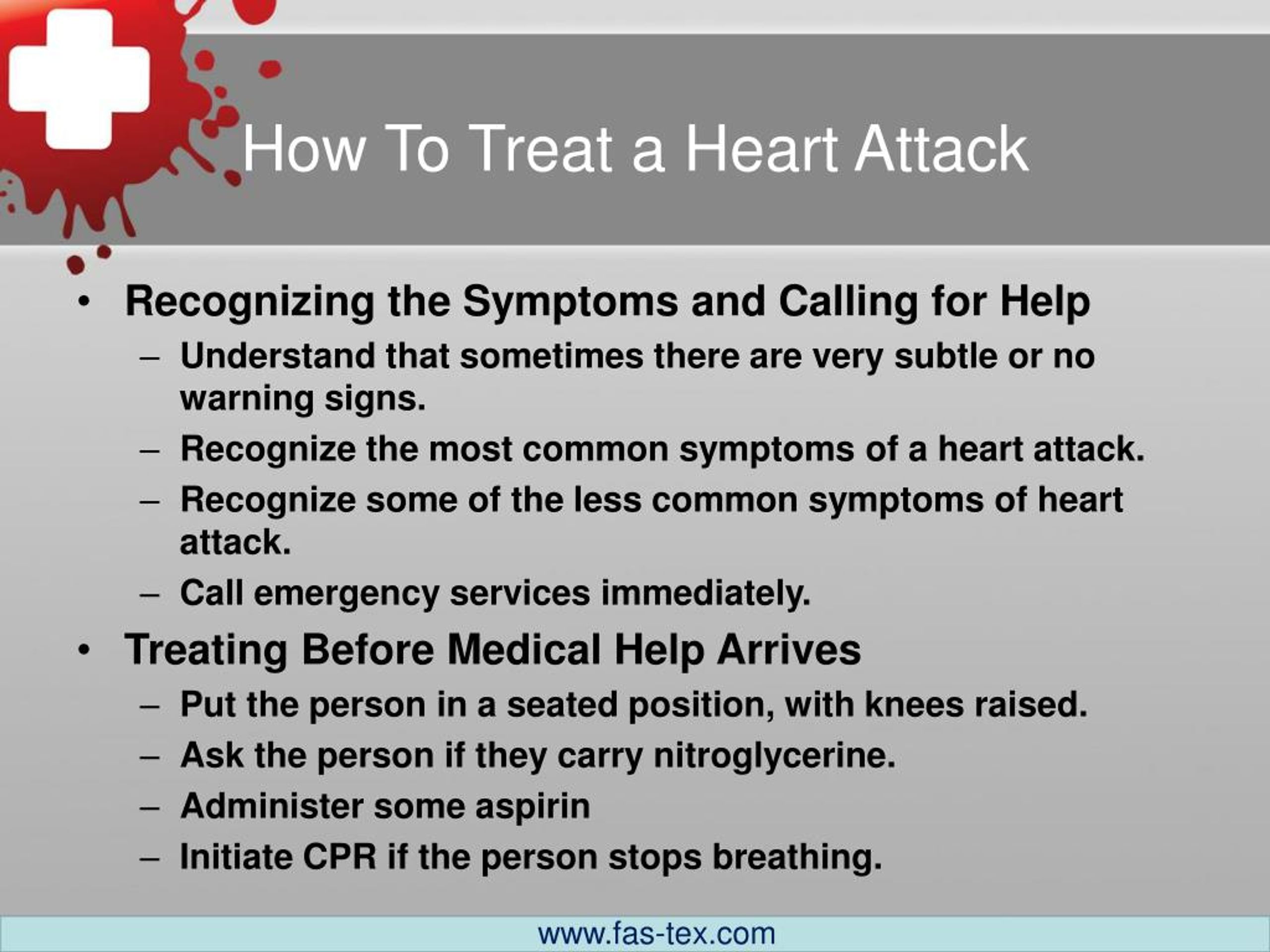
A heart attack is often diagnosed in an emergency setting.
How to treat a heart attack. The physical damage due to heart attack can be minimized by early intervention, so prompt recognition of the signs of a heart attack and immediate transport to a hospital is crucial and greatly increases the chance of survival. Take aspirin when you’re still conscious, take a normal dose of aspirin (325 milligrams) if you have one on hand. Early treatment to remove the blood clot or plaque can prevent or limit damage to your heart, help your heart work better, and save your life.
Recognizing and responding to heart attack symptoms can save a life or at the very least, reduce the damage a heart attack can cause. People should also take an aspirin if they have one, open their front door if they. It happens when there’s a sudden loss of blood flow to a part of the heart muscle.
Symptoms include pain in the chest that may spread. A doctor can use pci to treat a heart attack.when pci is used to restore blood flow to the heart during a heart attack, it’s called primary pci. Collateral circulation is the body's way of protecting itself from a heart attack.
Call for emergency help first. The blockage is usually due to a buildup of fat, cholesterol and other substances in the heart (coronary) arteries.
Call 999 as soon as possible. Or your medical team may decide to administer drugs to break down a clot and restore blood flow. If you called 911 or.
Procedures medications frequently asked questions treatment of an acute heart attack (myocardial infarction, mi) must be prompt and comprehensive. If you've had a heart attack, a surgery or procedure may be done to open a blocked artery. The pain will not ease with rest.
Aspirin to prevent blood clotting; Aspirin helps prevent blood clotting. Take nitroglycerin, if prescribed.
If you can’t call 999, get someone else to do it. As the coronary arteries narrow, the body can compensate by making connections around the narrowed arteries. It helps keep blood moving through a narrowed artery.
When a coronary artery narrows by 70% or more, cramps and muscle pain may ensue. Medical therapy is used to stabilize the cardiovascular system and prevent or. Preventing heart attacks.
Diagnosis of a heart attack includes checking blood pressure, pulse and temperature. Acid reflux and gastrointestinal esophageal reflux disease (gerd) are both common causes of chest pain that can be difficult to tell apart from heart attack pain. Prevention overview a heart attack occurs when the flow of blood to the heart is severely reduced or blocked.
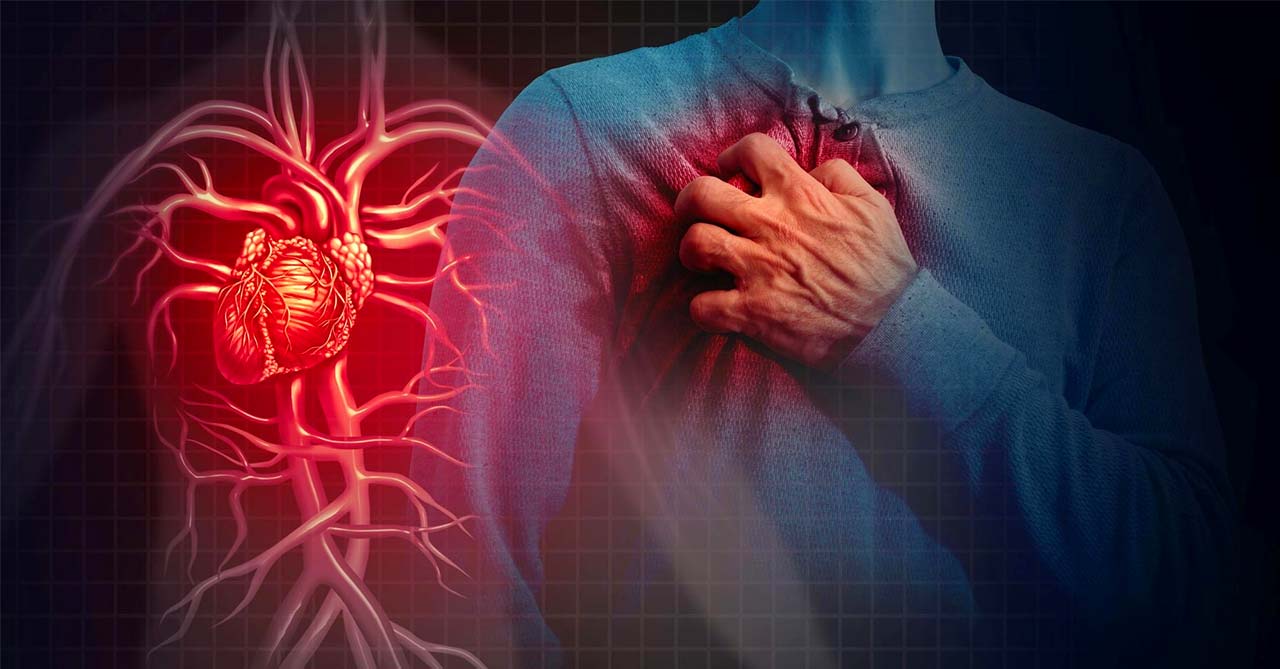



/GettyImages-601797385-3e7ccdc5783646a09b8d0757ece653c3.jpg)




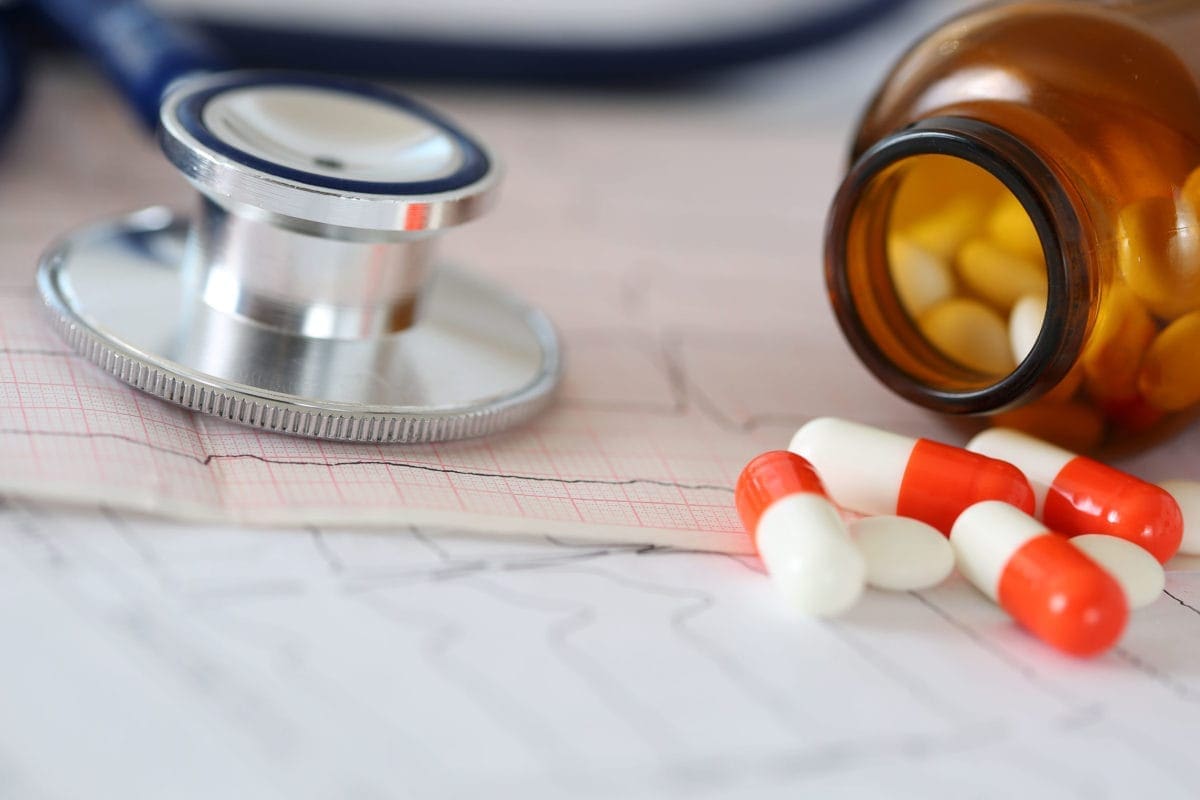
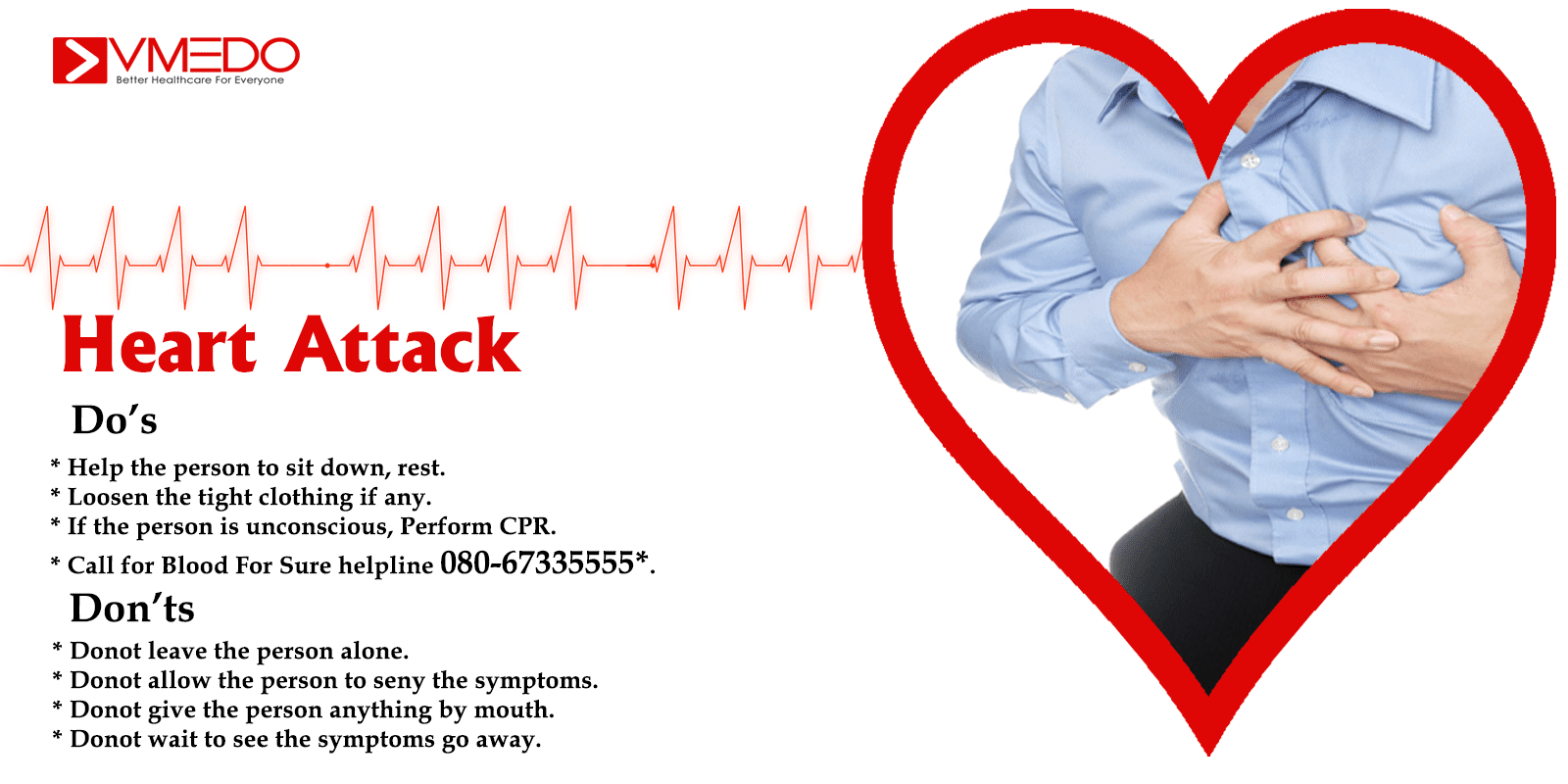


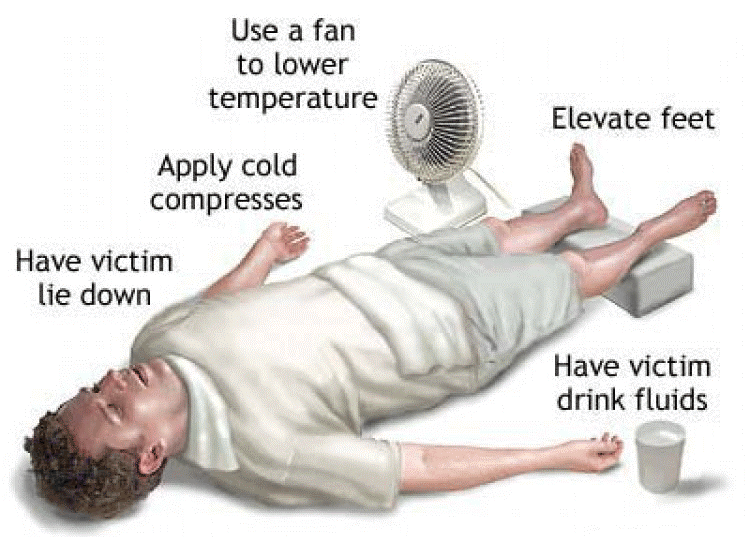.gif)
